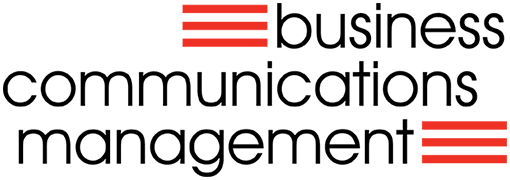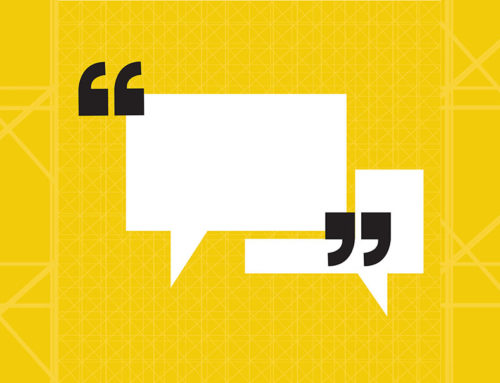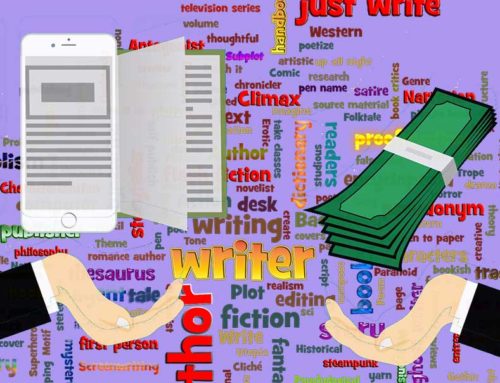
Ah, the $64,000 question…
Let me give it to you straight. You may have written the best novel in the world, and you might never get a traditional publishing deal.
Is it the end of the world? No, it’s not, it can be the beginning of a rewarding career as a self-published author. But let’s not get ahead of ourselves.
First, we’ll take a look at why a traditional publisher may pass on your story.
There are too many stories like it on the market
In commercial fiction, trends come and go. If an acquisitions editor feels your story doesn’t distinguish itself amongst the others in the genre, they will pass, regardless of story quality.
There are too few stories like it on the market
Let me tell you a personal story. My Roman-era historical romance Dark Heart is a story I’m very proud of. It’s dramatic, action-packed, romantic, and well researched.
I had the opportunity to pitch it to a couple of acquisition editors from major publishers. Both were very keen to see the full manuscript.
After three months I hadn’t heard anything from either of them. I followed up. The first said ‘thanks, but no thanks’. The second was still keen, and said they’d get back to me. They didn’t. I followed up again after another three months, only to be told that, although the story was ‘great’, Roman-era novels weren’t selling.
Undaunted, I pitched it to other publishers, and, after a few weeks, I heard back from one of them. They said, “We’ll take it. But we’d like to make a few changes…”
They wanted to gut the story – eliminate the Roman-era politics central to the book, and emphasise the romance at the same time as erasing core aspects of the heroine’s backstory that informed a subplot they also wanted to cut out.
It’s not you, it’s me
The best publishers and editors want the works they acquire to succeed – after all, they have a financial and professional imperative.
However, you are the author. It is important to be an advocate for the integrity of your story. This is not to say criticism or changes they may want to make are not legitimate. It’s quite aside from any bruise to your ego from being told your work is not perfect as is. But if the suggestions being made to you don’t enhance the vision you have for the story, then it may be that publisher is not for you.
And so it was with that particular publisher and Dark Heart.
The next step
After receiving many kindly worded rejections from other publishers, I decided to have one last throw of the dice before I self-published the story.
I pitched to a new publishing house, Dragonblade, headed by an author I knew well, Kathryn Le Veque. I was delighted to receive an acceptance. When I received the cover art, it was love at first sight, and the developmental edits I received not only accorded with my vision of the story, they improved it.
Would I have self-published?
The answer is yes. I’d have self-published with an easy heart if Dragonblade had passed on the story. I wanted a publisher because I’d benefit from the structure and support working with a publisher brings. And I’ve got to know Kathryn over the years, and she is an amazing author who has built an incredible publishing house that I’m proud to be a part of.
But self-publishing is not a ‘second best’ option. It’s just a different option with lots of pros and cons. I’ll cover them in another post.
So, what’s the takeaway?
- Believe in your story and be prepared to defend its integrity
- Keep your ego in check. Your story is good on its merits, not simply because you’ve written it
- Be prepared to learn from experienced editors, and
- If you believe your story has a market beyond supportive family and friends, then take the plunge and self-publish.





